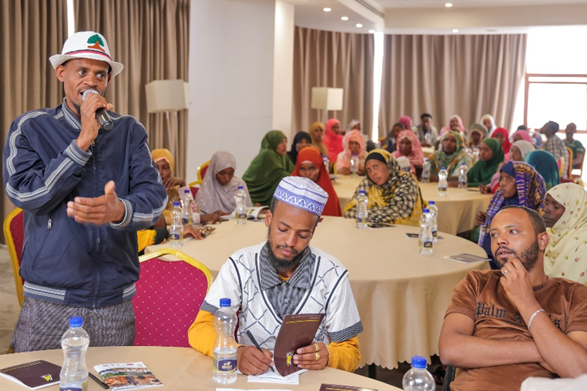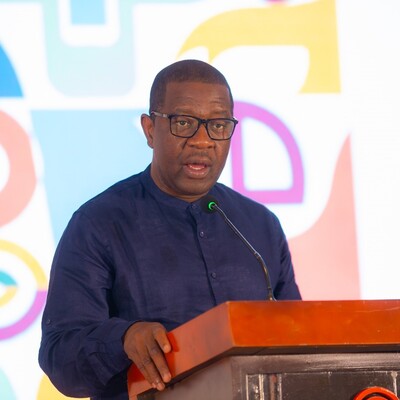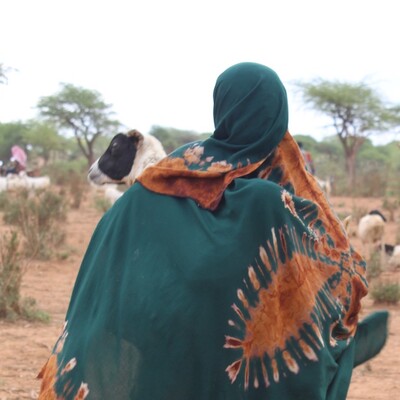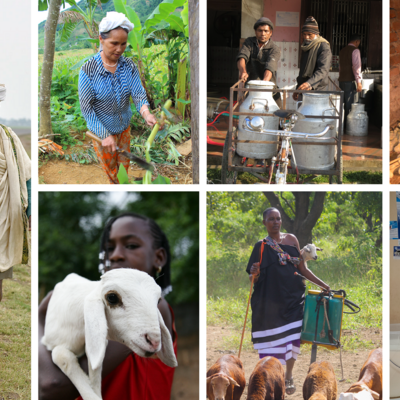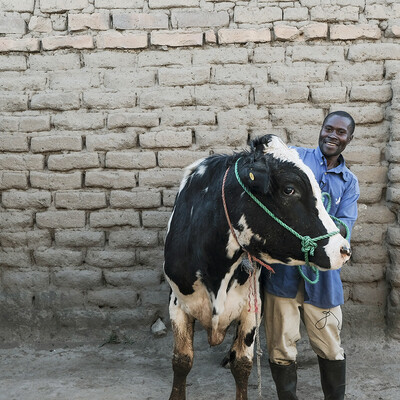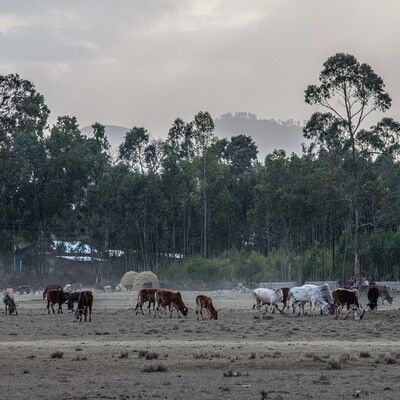
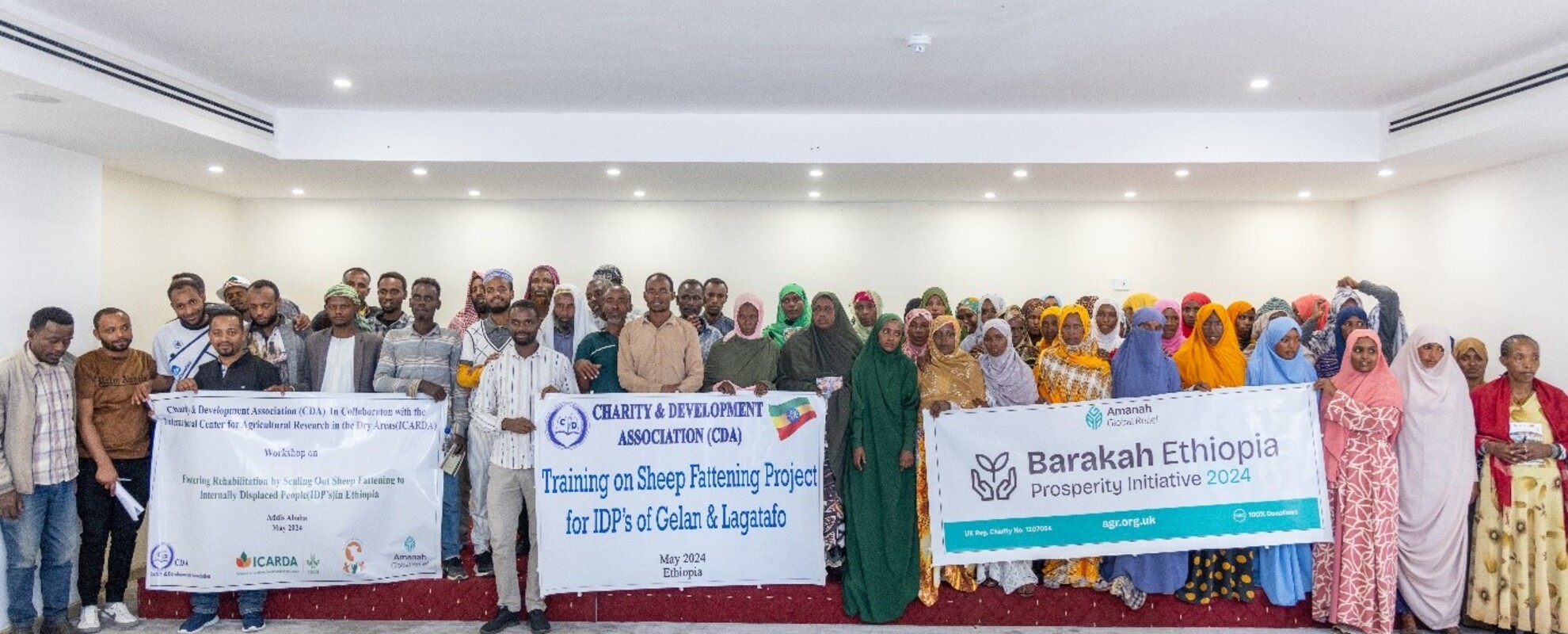
Scaling market-oriented sheep fattening for rehabilitation and resilience: Empowering internally displaced people in Ethiopia
Story by: Jane Wamatu, Muluken Zeleke, Jemal Mohamed, Haider Hussein, Alkhtib Ashraf, Waqas Akhtar and Muhammad Ameen
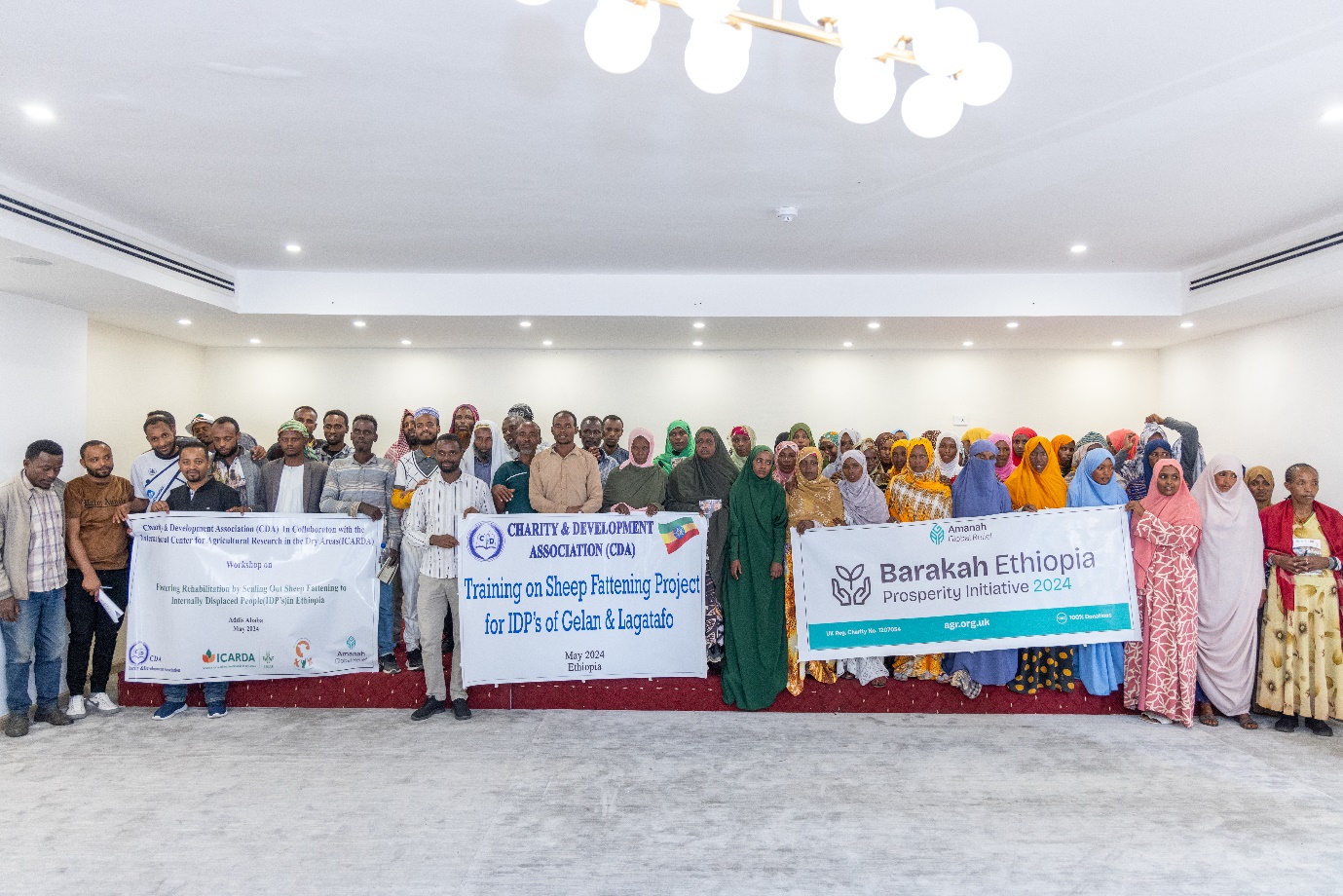
Training participants from Legetafo and Gelan IDP camps. Photo credit: Luche Media/Hanan
On 18 May 2024, a pivotal training workshop was held, marking a significant milestone in the rehabilitation and economic empowerment of internally displaced persons (IDPs) in urban and peri-urban areas in Ethiopia. This workshop, a joint effort of the Charity and Development Association (CDA) and the International Center for Agricultural Research in the Dry Areas (ICARDA), aimed to scale out market-oriented sheep fattening to IDPs around Addis Ababa. The collaboration between CDA and ICARDA is a testament to the strength of partnership in fostering resilience and self-sufficiency in communities hardest hit by displacement.
The plight of IDPs often revolves around losses they have experienced. These include loss of homes, sources of income, and an overall sense of security. CDA is a local non-governmental, non-profit making and development-oriented organization with a long history of humanitarian and development interventions in Ethiopia. Its partnership with ICARDA aims to shift the narrative of IDPs by introducing sustainable agricultural practices that promise more than just temporary relief. It does this by focusing on efforts that will encompass community engagement, training facilitation, access to livestock resources and inputs, extension services, infrastructure, and research development. The aim is to empower IDPs to adopt improved sheep-fattening approaches and technologies that will lead to increased productivity, sustainability, and resilience, offering a hopeful future for the IDPs.
The debut training event drew 70 participants from Gelan and Legatafo IDP camps around Addis Ababa, a significant number that reflects the widespread interest and potential impact of the initiative. It was designed as a comprehensive, interactive, video-oriented experience covering essential aspects of successful sheep fattening. The training provided practical skills to start and manage enterprises, including instructions on sheep husbandry to select the right sheep, proper feeding techniques, health management practices, and suitable housing conditions to optimize the well-being and productivity of their flocks. As collective action is important in sheep fattening, participants were encouraged to work together to leverage shared resources and knowledge. Attendees were taught how to transform their operations into viable, profitable, and sustainable businesses, with essential skills such as financial management, marketing strategies, and business planning. Finally, a comprehensive continuous training program is planned to enhance the IDPs skills and knowledge.
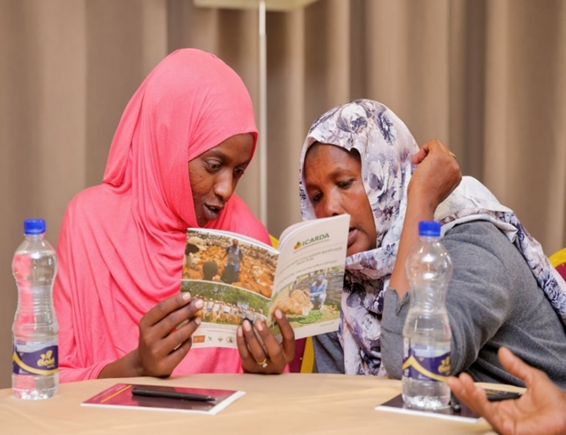
Aysha Mohamed and Khadija Mohamed from Legetafo IDP camp share moments from the Sheep fattening manual during the training session. Photo credit: Luche Media/Hanan
Participants' testimonies revealed a powerful blend of hope and determination. Many expressed that the training had not only equipped them with the necessary skills but also instilled a sense of empowerment, illuminating a path to self-reliance and community development and inspiring a sense of possibility. Their enthusiasm was palpable, inspiring all those present.
Mohammed Adem Ibrahim, an IDP from Gelan camp, shares reflections from the training. Photo credit: Luche Media/Hanan
Mohammed Adem Ibrahim, an IDP, noted, “This training has not only given me the skills to start my sheep farm but also the confidence to rebuild my life.” His words echoed the sentiments of many, instilling a sense of hope in the audience.
The partnership between CDA and ICARDA anticipates that by the end of 2024, a significant number of trained IDPs will have established their sheep-fattening businesses. This has the potential to not only inject vitality into their communities but also transform local economies, offering a promising future.
ICARDA, CDA, and Amanah Global Relief have formed a strategic alliance to support the rehabilitation of internally displaced people in Addis Ababa, Ethiopia. This partnership leverages the funding from Amanah Global Relief and ICARDA's cutting-edge agricultural expertise, with CDA implementing these on the ground. Together, we aim to empower displaced communities by enhancing their livelihood resilience and implementing business-oriented sheep fattening,” added Jemal Mohammed, CEO of CDA.
This work is conducted as part of the sheep fattening section of the Feed and Forage activities under Work Package 1 of the Sustainable Animal Productivity for Livelihoods, Nutrition, and Gender Inclusion (SAPLING) and Work Package 3 of mixed farming systems in Ethiopia.
Story by:
Jane Wamatu1, Muluken Zeleke1, Jemal Mohamed2, Haider Hussein2, Alkhtib Ashraf3, Waqas Akhtar4 and Muhammad Ameen4
1: ICARDA, Addis Ababa, Ethiopia
2: CDA, Addis Ababa, Ethiopia
3: Nottingham Trent University, Nottingham, UK.
4: Amanah Global Relief, London, UK.
You may also like
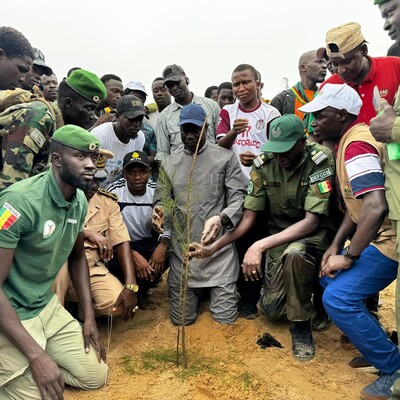
Opinion and analysis
Striking a sustainable balance between livestock and the environment is crucial to Africa’s future

ILRI News
Vietnam animal health experts and stakeholders review FarmVetCare app test results to better tailor it to farmers’ needs
Related Publications
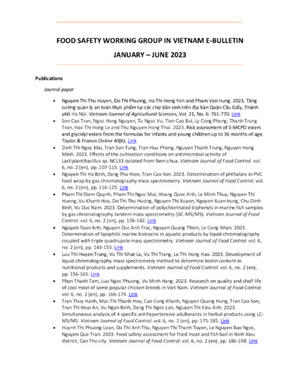
Food Safety Technical Working Group in Vietnam E-bulletin, July-December 2024
- Food Safety Technical Working Group in Vietnam

Les conventions locales: de la prévention des conflits à la paix durable; capitalisation des expériences et leçons apprises
- Fall, Abdou

The African Animal Breeding Network as a pathway towards genetic improvement of livestock
- Djikeng, Appolinaire
- Olori, V.E.
- Houaga, I.
- Aggrey, S.E.
- Okeyo Mwai, Ally
- Ibeagha-Awemu, E.M.
- Mrode, Raphael A.
- Chagunda, M.G.G.
- Tiambo, Christian K.
- Rekaya, R.
- Nash, O.
- Nziku, Z.
- Opoola, O.
- Ntanganedzeni, M.
- Ekine-Dzivenu, Chinyere C.
- Kahi, A.
- Okeno, T.O.
- Hickey, J.M.
- Negussie, E.
- Rege, J.E.O.

Gender and antimicrobial resistance: a conceptual framework for researchers working in livestock systems
- Emdin, F.
- Galiè, Alessandra
- Moodley, Arshnee
- Van Katwyk, S.R.





